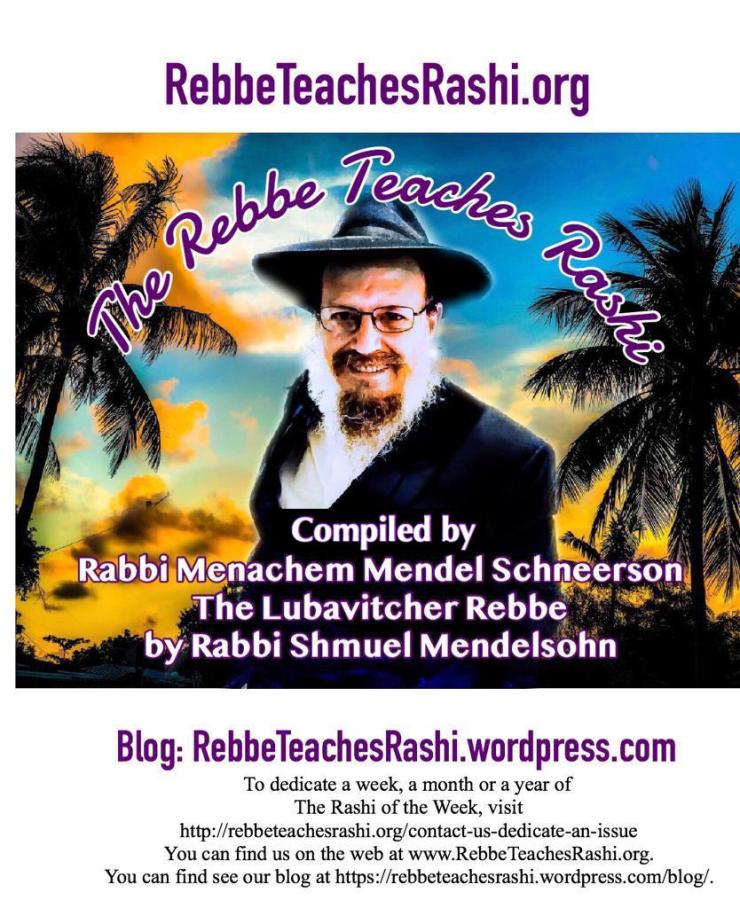Click here for a printable PDF.
In this week’s Torah portion, Shemos, we begin reading the second book of the Torah. There is a clear difference between these first two books. The first, Bereishis, tells us of the lives of our forefathers and their children, the twelve tribes of Israel. They were the foundation of the Jewish Nation. The second book, Shemos, tells of our exodus from Egyptian exile. It then explains how we received the Torah directly from Hashem, and then built the Tabernacle.
Based on this, we need to understand why the book of Shemos begins by telling us of our Egyptian bondage. One would have thought that it should have started with our freedom from oppression, our exodus from Egypt.
The explanation is that the Torah writes this to teach us a valuable lesson. At times, we may feel as if we’re going through difficulties, G-d forbid. We are having a hard time serving Hashem. The truth is, as we see here, that hardship is the beginning of salvation. Just as one takes a step back to begin running, so too must one overcome obstacles to race to redemption.
The Parshah begins with the words[1] “these are the names of the children of Yisroel who came to Egypt together with Yaakov. Each one came together with his household.”
The Torah goes on to count and list the Jews. Why should the Torah list the Jews here? They have already been counted two weeks ago, in Parshas Vayigash[2]. Rashi explains this by telling us that “Even though Hashem counted them in their lifetime by their names, He counted them again after their death. He did this to demonstrate how precious they are because they are comparable to the stars, which He takes out and brings in by number and by name …”
The nature of counting something expresses what they have in common. We count each object as one, no more, and no less.
On the other hand, calling something by name expresses to what extent each one is unique; no two have the same name. Why does Rashi write that “he counted them by their names?” The two seem to contradict each other!
The explanation is that both are true. Each one of us has a “spark of Jewishness,” a part of the soul, which is G-d’s essence. In this respect, we are all one. At the same time, each of us has unique qualities, which we must use to bring Moshiach now!
I wish one and all a good Shabbos!
Rabbi Shmuel Mendelsohn
Adapted from Likkutei Sichos Volume 6, Page 7
IN LOVING MEMORY OF OUR FATHER
Mr. Sholom Moshe Hacohen
ben Reb Shlomo Meir Hacohen ע”ה Cohen
Passed away Shabbos Parshas Beshalach, 13 Shevat, 5779
May His Soul be bound in the Eternal Bond of Life
*
DEDICATED BY HIS SON-IN-LAW AND DAUGHTER
RABBI SHMUEL AND RIFKA שי’MENDELSOHN
* * *
לעילוי נשמת
ר’ שלום משה הכהן בן ר’ שלמה מאיר הכהן ע”ה כהן
נפטר ש”ק פ’ בשלח, י”ג שבט, ה’תשע”ט
ת. נ. צ. ב. ה.
*
יו”ל ע”י חתנו ובתו שיחיו
הרה”ת ר’ שמואל ורבקה שי’ מענדלסאהן
[1]. Our Parshah, Shemos 1:1.
[2]. Parshas Vayigash, Bereishis 46:8-27.

